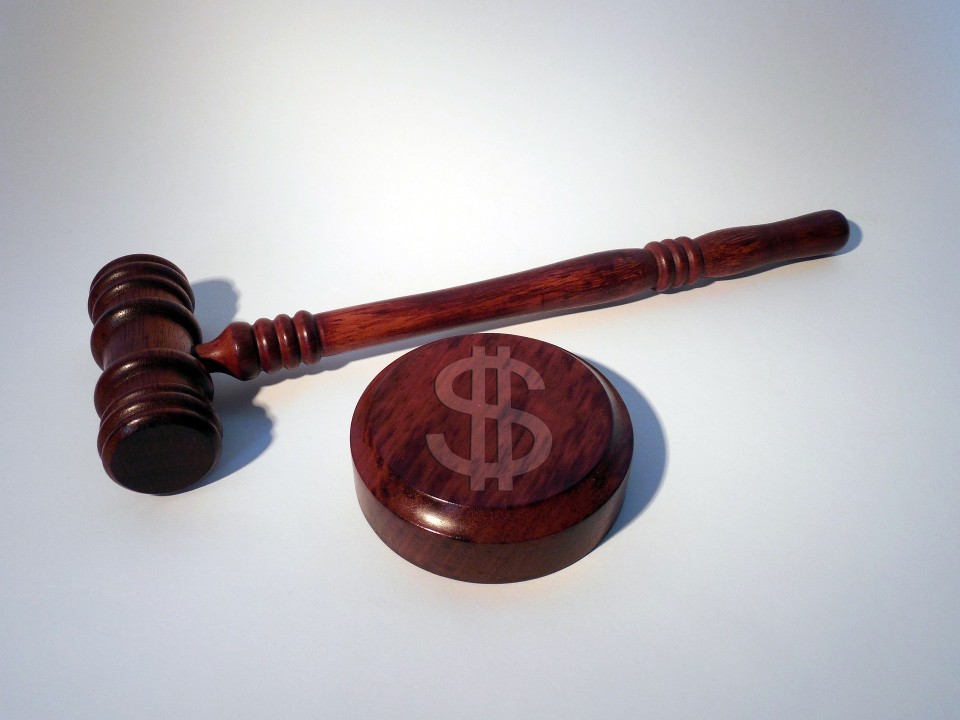
Awards for emotional distress can add tens or hundreds of thousands of dollars to a workplace-retaliation claim. But there are limits. And in this recent case, the court pointed to counsel's personal attack during closing argument as evidence the verdict was based on improper factors.
In Briley v. City of West Covina (D2d4 Jul. 1, 2021) no. B295666, 2021 WL 2708945, the employee, a deputy fire marshal, raised several issues concerning compliance with fire safety. He also accused his direct superior of failing to perform his duties, who then allegedly canceled his overtime, moved him to a smaller office, changed his take-home vehicle, and gave him a poor review. Their relationship became strained, and the supervisor ultimately terminated the plaintiff.
The jury returned a verdict for a former deputy fire marshal of $500,000 in economic damages, plus $3.5 million in noneconomic damages, mostly for emotional distress.
Plaintiff Is Not Required to Pursue Administrative Remedies Where No Impartial Review Is Available:
On appeal, the city argued the plaintiff failed to exhaust his remedies by pursuing an administrative appeal. The court rejected this because one of the decisionmakers in the administrative appeal was the supervisor against whom plaintiff's claims were made.
The exhaustion requirement is excused if the relevant administrative remedy fails to satisfy the standards of due process. (E.g., Imagistics Internat., Inc. v. Department of General Services (2007) 150 Cal.App.4th 581, 591; Unnamed Physician v. Board of Trustees (2001) 93 Cal.App.4th 607, 620.)
Here, the plaintiff's series of attacks against his supervisor's integrity would have been enough to raise concerns about the supervisor's ability to be impartial in reviewing any claim by the plaintiff. (See Kloepfer v. Comm. on Judicial Performance (1989) 49 Cal.3d 826, 834.) The supervisor could hardly be seen as a reasonably impartial decisionmaker in the plaintiff's appeal. (See Today's Fresh Start, Inc. v. Los Angeles County Office of Education (2013) 57 Cal.4th 197, 223 [“ ‘ “[n]o man is allowed to be a judge in his own cause; because his interest would certainly bias his judgment, and, not improbably, corrupt his integrity” ’ ”].)
The court held that "as a matter of due process, an official whose prior dealings with the employee have created substantial animosity and whose own conduct and character are central to the proceeding may not serve as a decisionmaker."
$3.5 Million in Emotional Distress Damages Held Excessive:
An award of noneconomic damages normally is left to the jury, and ‘[t]here are no fixed or absolute standards by which an appellate court can measure in monetary terms the extent of the damages suffered by a plaintiff as a result of the wrongful act of the defendant.’ ” (Buell-Wilson v. Ford Motor Co. (2006) 141 Cal.App.4th 525, 547-548.) But on review, the court should look to the amount of the award and its relation to the evidence. And the court may consider indications in the record that the factfinder was influenced by improper considerations, such as inflammatory evidence, misleading jury instructions, or improper argument by counsel. (Bigler-Engler v. Breg, Inc. (2017) 7 Cal.App.5th 276, 299.)
Here, there was "little detail" regarding the distress the plaintiff suffered as a result of the termination. He had no physical symptoms, no sleep-related issues. He had seen a counselor once or twice but had no mental health issues.
"[W]ithout evidence of significant, concrete harm, the typical post-termination difficulties described by Briley cannot support an award of $2 million for past noneconomic damages covering a period of about three years, amounting to more than $1,700 per day...."
Uncivil Closing Argument Grounds for Reducing Award:
Similarly, the $1.5 million in future emotional distress damages was "no less than shocking." And here is where counsel's improper closing argument came in. "Briley's counsel's attack on the integrity of opposing counsel during his rebuttal argument further suggests that the jury's noneconomic damages award rested on improper factors."
Here is what happened. Someone apparently had mentioned the word "incredulity," and during closing argument the city's counsel said he had had to look up the word in the dictionary. The plaintiff's attorney sneered back during his closing argument, stating: "He knows exactly what it meant, but he told you he had to look it up in the dictionary. [¶] This is part of the game, part of the smoke and mirrors. Hey, I'm a normal guy, I had to look it up in the dictionary.... He's probably used it 20 times and he knew exactly what it meant.... That's all part of the smoke and mirrors of this case.”
The court concluded this contributed to the exorbitant award of future noneconomic damages: "This personal attack on the City's counsel, shortly before the jury began its deliberations, may have prejudiced the jury against the City and contributed to its excessive award, which went beyond even Briley's counsel's exorbitant request."
The court vacated both past and future awards for noneconomic damages, giving the plaintiff the choice to either accept reduced awards of $1 million and $100,000, respectively, or a new trial on those issues.
(When the city's counsel objected to the attack after closing argument, the trial court denied it as untimely. The Court of Appeal did not further comment on this.)
Tim Kowal helps trial attorneys and clients win their cases and avoid error on appeal. He co-hosts the Cal. Appellate Law Podcast at www.CALPodcast.com, and publishes a newsletter of appellate tips for trial attorneys at www.tvalaw.com/articles. His appellate practice covers all of California's appellate districts and throughout the Ninth Circuit, with appellate attorneys in offices in Orange County and Monterey County. Contact Tim at tkowal@tvalaw.com or (714) 641-1232.